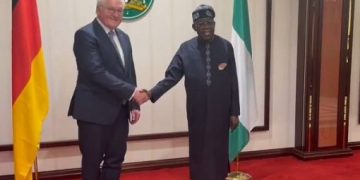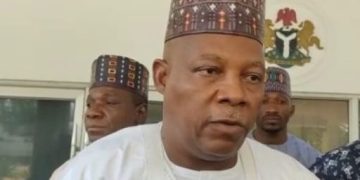
The International Energy Agency, IEA, and the Organisation of Petroleum Exporting Countries, OPEC, in a joint statement, have warned that developing countries’ oil and gas income could fall to their lowest levels in more than two decades if current energy market conditions persist.
READ ALSO: President Buhari Approves Cut In Petrol Price
IEA Executive, Director Fatih Birol, and OPEC Secretary-General, Mohammed Barkindo, have expressed deep concerns about the coronavirus pandemic, warning it could have “potentially far-reaching economic and social consequences.”
Birol and Barkindo asserted that they expect developing countries to see their oil and gas income fall between 50 and 85% in 2020 while singling out public sector spending in vital areas such as health care and education as being vulnerable.
Meanwhile, the international benchmark Brent crude traded at $29.91 Tuesday morning, down around 0.7%, while U.S. West Texas Intermediate (WTI) stood at $28.98, more than 1% higher.
As the coronavirus continues to spread worldwide amidst an ongoing price war between OPEC giant, Saudi Arabia, and non-OPEC leader, Russia, Oil prices slid 10% in the previous session, while crude futures have more than halved since climbing to a peak in January.
Saudi Arabia’s state-owned oil giant Saudi, Aramco, on Monday, said it would likely continue with a planned oil production hike from April into May; suggesting it was very comfortable with the price of oil at $30 per barrel.
Russia claimed it can withstand lower oil prices for as long as a decade, as it refused to sign up to OPEC’s proposal of deeper production cuts earlier this month.
In their joint statement, Barkindo and the Birol did not address the European country specifically, but they both “underscored the importance of market stability, as the impacts of extreme volatility are felt by producers.”
The duo agreed to remain in close contact on the matter and continue their regular consultations on oil market developments.
An adviser of industrialized nations on energy issues, the IEA had previously warned long-time allies of Saudi Arabia that they could be the worst hit from a sharp slump in oil prices.
Earlier, Birol disclosed that countries including Iraq, Algeria and Nigeria were in a “very, very difficult situation,” and would require support from the rest of the world.
OPEC’s second-largest producer, Iraq, is thought to be particularly exposed to an all-out price war because it has one of the least diversified economies of the producer group, despite boasting of relatively low production costs.
















